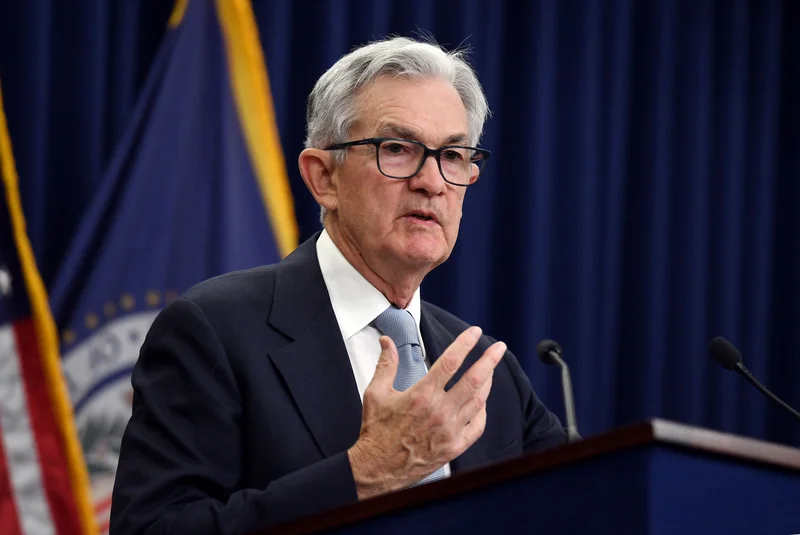The Dawn of Instant Insight: Why This Changes Everything
Imagine a world where knowledge isn't something you search for, but something that finds you. Where answers to the most complex questions are available in the blink of an eye, not after hours of research. That's the promise – and, I believe, the impending reality – of a new era of information access. We're not just talking about faster search engines, we're talking about a fundamental shift in how we interact with information itself.
The Information Singularity is Near
Think about the printing press. Before Gutenberg, knowledge was locked away, painstakingly copied by hand, accessible only to the elite. The printing press democratized information, sparking the Renaissance and fueling the scientific revolution. What we're seeing now is that same magnitude of change, but operating at warp speed. We're on the cusp of an "information singularity," a point where access to knowledge becomes so seamless, so instantaneous, that it fundamentally alters the human experience.
This isn't just about convenience, although that is a huge factor. It's about unlocking human potential on an unprecedented scale. Imagine a doctor in a remote village instantly accessing the latest medical research to diagnose a rare disease. Imagine a student in an underserved community having the same access to educational resources as someone at Harvard. Imagine a small business owner instantly understanding complex market trends to make informed decisions.
The truly revolutionary aspect of this is the speed. The speed of this is just staggering—it means the gap between today and tomorrow is closing faster than we can even comprehend. We are able to get answers, and, more importantly, insights, at speeds previously unheard of.

What does this mean for us? Well, for one, it means that the value of rote memorization is going to plummet. Why spend years memorizing facts when you can access them instantly? Instead, we'll need to focus on developing critical thinking skills, the ability to analyze information, and the creativity to apply it in new and innovative ways. Education will need to shift from memorization to understanding, from regurgitation to creation.
But it also raises some profound ethical questions. Who controls access to this information? How do we ensure that it's used for good and not for manipulation? How do we protect ourselves from the potential for misinformation and bias? These are questions we need to grapple with as a society, and we need to start now, before the technology outpaces our ability to understand its implications.
When I first started in this field, I always thought about the possibility of such an advancement. This is the kind of breakthrough that reminds me why I got into this field in the first place.
A New Renaissance Beckons
I believe we're on the verge of a new Renaissance, a period of unprecedented creativity and innovation fueled by instant access to knowledge. It's a future where anyone, anywhere, can tap into the collective wisdom of humanity and use it to solve the world's most pressing problems. It's a future that's both exciting and daunting, but one that I believe we can, and must, embrace.
